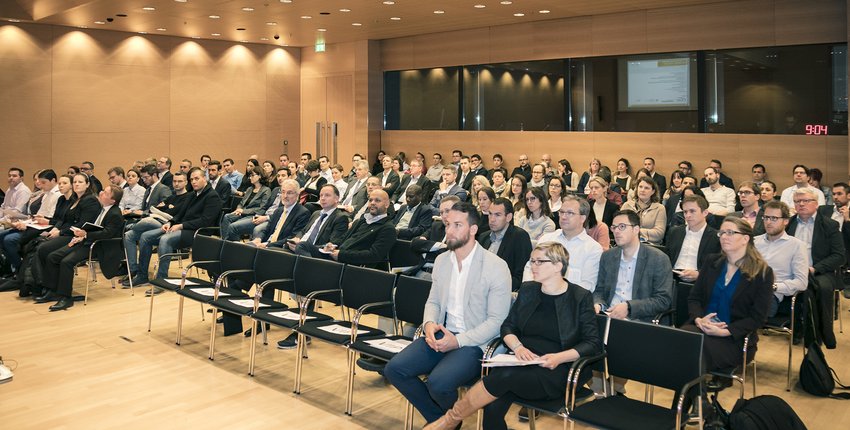
Joined symposium

In 2005, under the auspice of the OECD, the Forum of Tax Compliance Sub-Group released the guidance note concerning the Standard Audit File for tax. This document provided a detailed and technical description of the “Standard Audit File” for Tax compliance auditing purposes (SAF-T) by the tax administrations. To put it briefly, the SAF-T, (referred to as FAIA - Fichier Audit Informatisé AED in Luxembourg, created in 2009) is a standard file designed to export accounting and static data upon a request by the VAT authorities in the context of a VAT audit
The authorities have progressively been intensifying their request for FAIA files. In the light of the latest tax reform, VAT authorities have particularly beefed up penalties and introduced personal liability of directors while intensifying electronic audits. These changes are applicable as of 1 January 2017. These new measures highlight the reinforcement of the action of the authorities to ensure a proper functioning of the VAT system.
Which are the concerned companies ?
Any business field is concerned except the activities which are supervised by the CSSF (Commission de Surveillance du Secteur Financier) as well as by the COMMASSU for insurance and reinsurance-based services. Any natural or moral person subject to VAT is in the scope of FAIA, unless this person is not subject to the Luxembourg Standard Chart of Accounts (SCA), taxable with simplified VAT compliance obligations, taxable with a turnover not exceeding 112.000 € per calendar year, taxable with a limited amount of yearly accounting transactions (threshold of +/- 500 transactions) or where manual controls are more relevant than electronics audits.
What are the main advantages for companies?
The main advantage for companies is the reduction of costs in general (accountancy, archiving, change of software), and also during the audit from the Tax Administrations.
FAIA also triggers the transition from a manual, mainly paper-based audit to an advanced electronically performed audit, which makes the reading and assessment by auditors easier.
What are the main advantages for Tax authorities?
The main advantages for tax authorities are the ease of access to all business related data, the increased quality and speed of audits, costs’ reduction and the improvement in the efficiency and productivity of checks, thanks to a standardization of the layout and format.
More information on: www.aed.public.lu/FAIA/index.html


